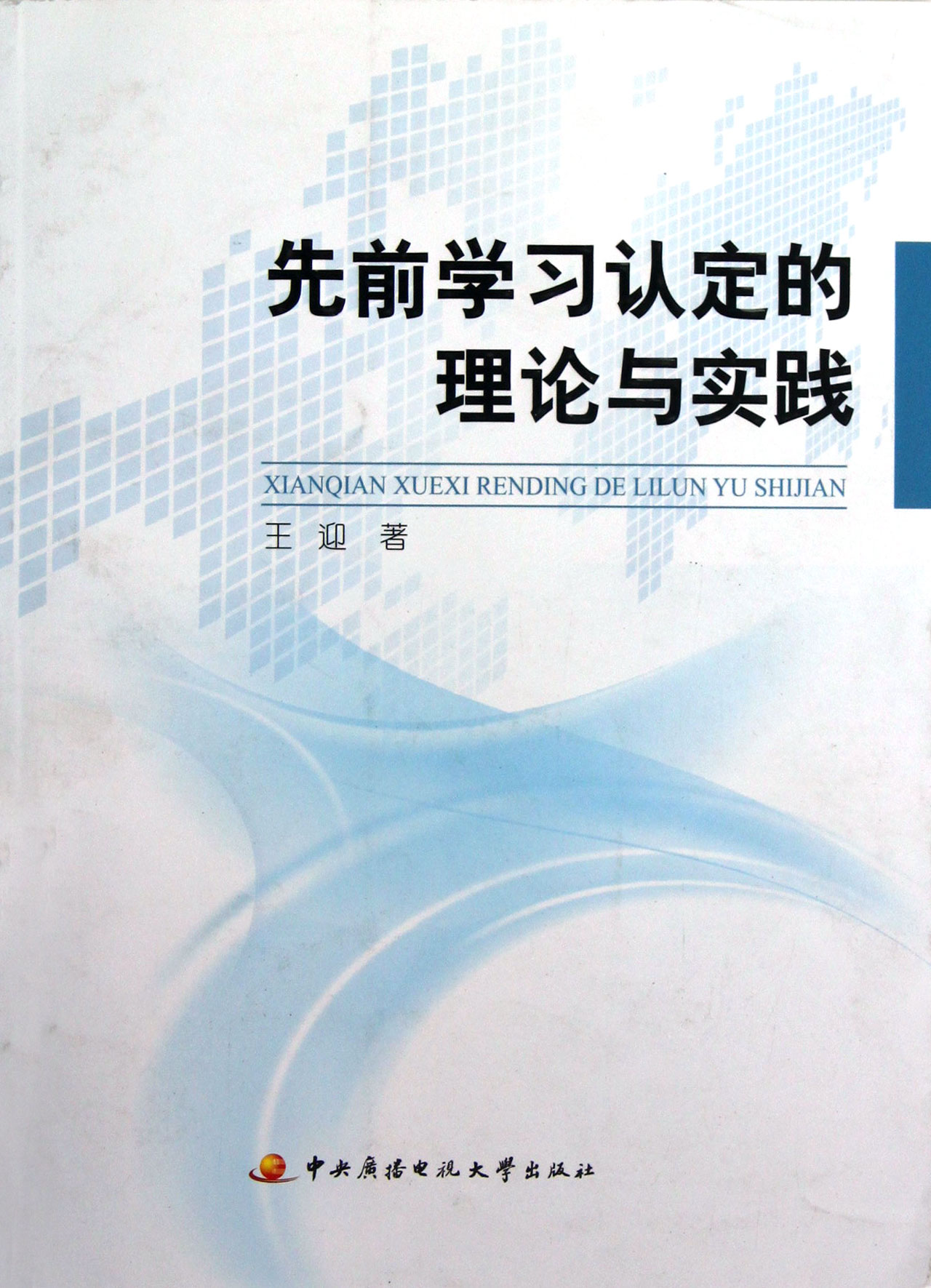Written by Dr. Wang Ying, deputy director of the Research Institute of Open and Distance Education of the Open University of China (OUC), and published by the OUC Press, Prior Learning Assessment and Recognition (PLAR): Theory and Practice presents an analysis of international research related to credit policies, credit accumulation and transfer, and recognisation of learning outcomes.
The book specifically focuses on methodology for accrediting non-formal and informal learning, as well as related theories and practical tools.

Table of Contents
1. Lifelong Learning and Career Development
1.1 On Lifelong Learning
1.2 The Credit Bank as an Important Means to Achieve Lifelong Learning
1.3 Career Development
2. Non-formal and Informal Learning Accreditation
2.1 Formal Learning vs. Non-formal and Informal Learning
2.2 Studies on Informal Learning
2.3 Non-formal and Informal Learning Accreditation as Practiced in Other Countries and Regions
3. Fundamental Principles of PLAR
3.1 What is PLAR?
3.2 Indicator System Based on Learning Outcomes
3.3 Implementation of PLAR
3.4 Examples of PLAR
4. Theories Concerning PLAR
4.1 Adult Learning Theory
4.2 Experiential Learning Theory
4.3 Tacit Knowledge Theory
4.4 Career Development Theory
4.5 Learning Outcome Assessment Theory
5. A Practical Exploration of PLAR
5.1 Practices in Several European and American Countries
5.2 Practices in Vocational Education
5.3 Practices in Higher Education
5.4 A Case Study of Two Enterprises
5.5 Analysis of PLAR Practices
6. Design and Implementation of a PLAR Toolbox
6.1 Composition of Toolbox
6.2 Assessment Criteria
6.3 Portfolios
6.4 Assessment Methods
6.5 Training Packages
6.6 Quality Assurance System of PLAR